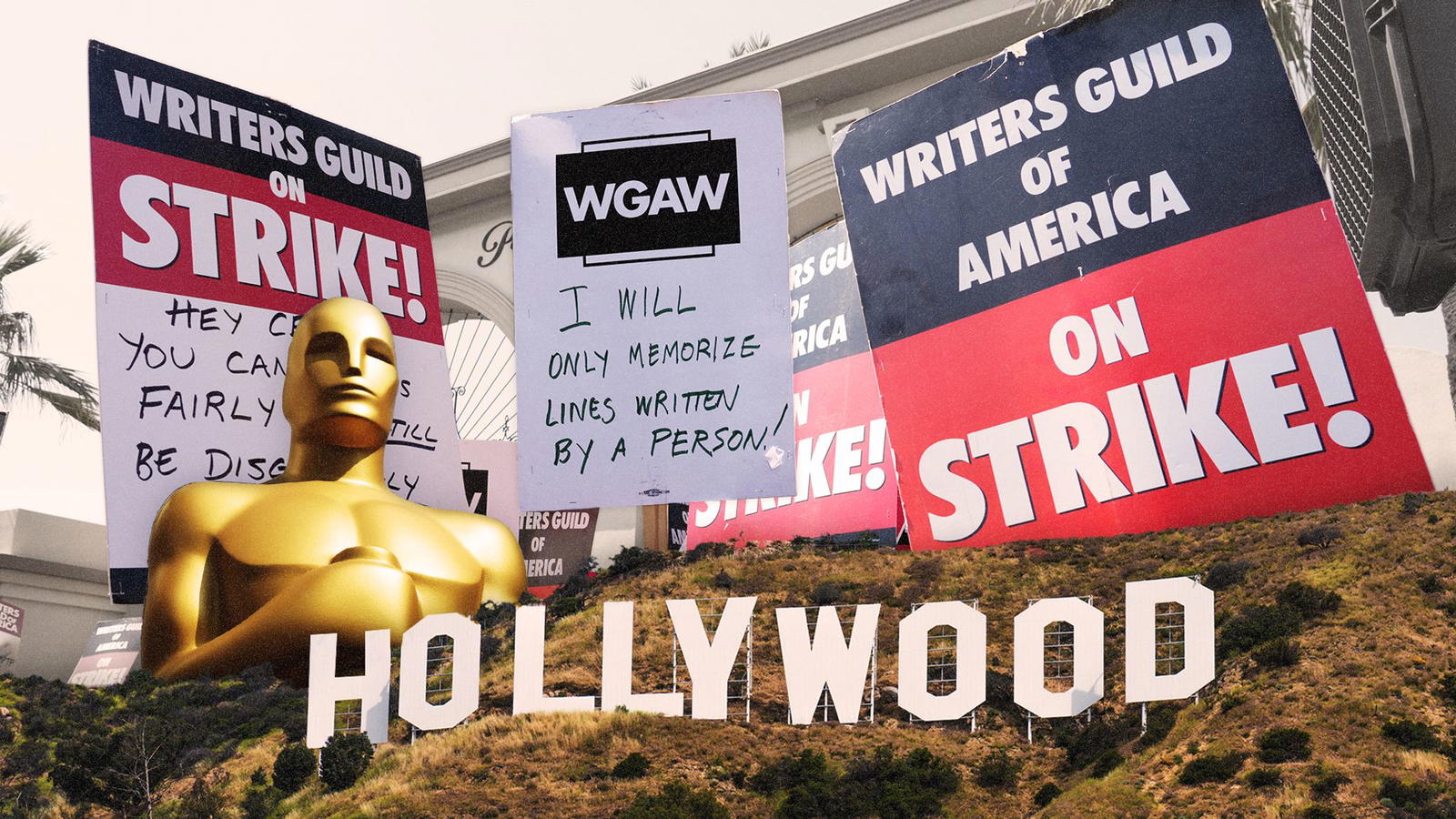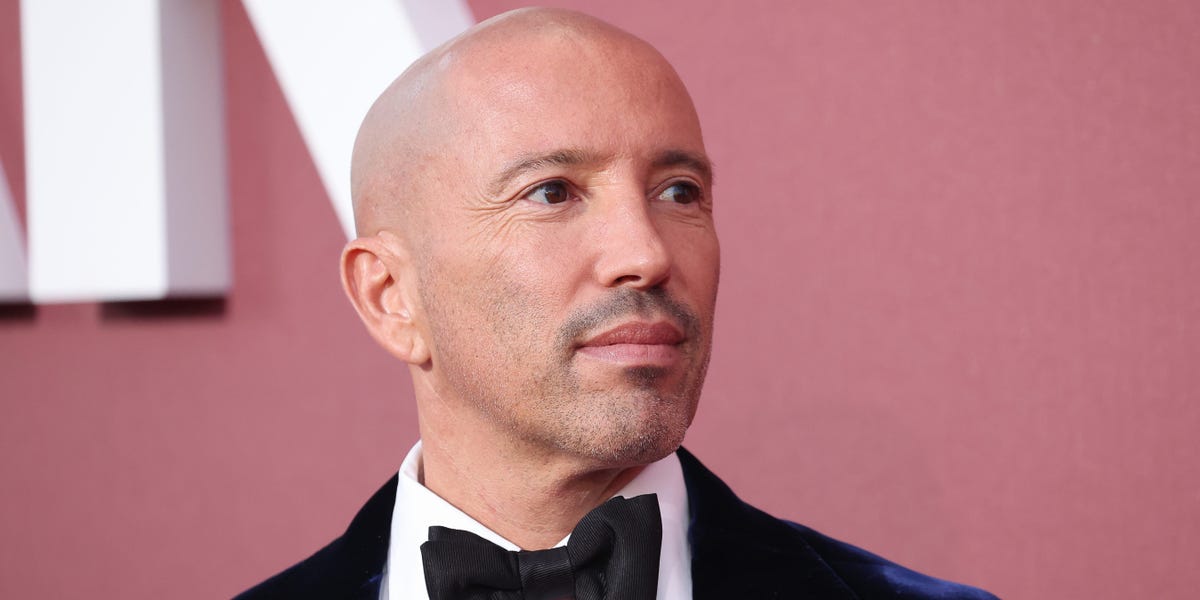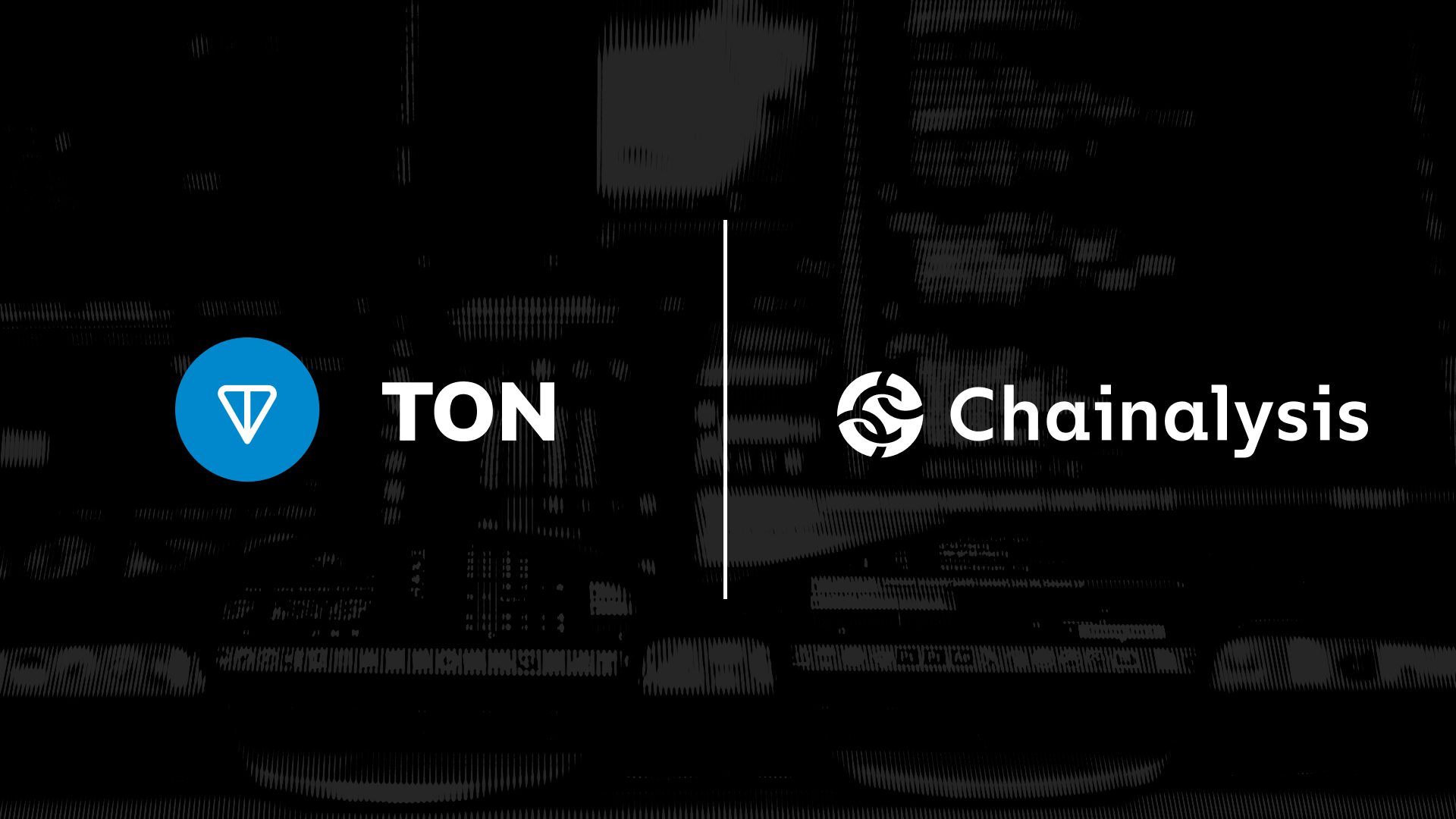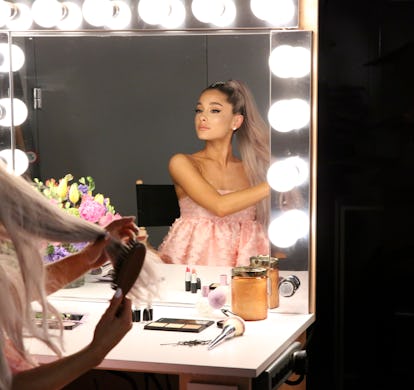Double Trouble In Hollywood: Writers And Actors Strike Brings Industry To Standstill

Table of Contents
The Writers' Demands: Fighting for Fair Compensation and Creative Control
The WGA strike, which began earlier this year, centers on several key demands aimed at addressing the changing landscape of the entertainment industry and ensuring fair compensation and creative control for writers.
The Impact of Streaming on Writers' Compensation
Streaming services have fundamentally altered traditional compensation models for writers. The shift from broadcast television to streaming platforms has led to a significant decrease in residuals – the payments writers receive each time their work is aired.
- Traditional broadcast residuals were based on a show's initial run and subsequent syndication, providing writers with a steady income stream over time.
- Streaming residuals, however, are often significantly lower, and in some cases non-existent, particularly for shows licensed to streaming platforms. This has resulted in a substantial reduction in overall income for many writers.
- The decline in traditional episodic television production, with streaming platforms favoring shorter seasons or limited series, has further exacerbated this issue. Fewer episodes mean fewer opportunities for residuals.
Creative Control and AI Concerns
Beyond compensation, writers are also concerned about creative control and the increasing use of artificial intelligence (AI) in screenwriting.
- Writers fear that AI could be used to replace human writers, devaluing their skills and expertise.
- They are demanding greater control over their work and protection against the unauthorized use of their material. This includes concerns about AI-generated scripts that may incorporate elements of their previously written works without proper compensation or credit.
- Short-term contracts and limited creative input are further concerns, limiting the writers' ability to influence the final product and leaving them vulnerable to exploitation.
Actors' Concerns: Fair Wages, Residuals, and the Impact of AI
SAG-AFTRA's strike, coinciding with the WGA strike, amplifies the concerns around fair compensation, residuals, and the implications of AI technology.
The Fight for Fair Wages and Residuals
SAG-AFTRA members are facing similar challenges regarding compensation, particularly concerning the decreased value of residuals in the streaming era.
- Actors’ wages have stagnated in recent years, while streaming services have generated substantial profits. This disparity highlights a significant imbalance in the distribution of wealth within the entertainment industry.
- The union is demanding higher minimum wages and increased residuals to reflect the value of actors’ work and to account for inflation. The cost of living continues to rise while actors' earnings, especially from streaming platforms, lag behind.
- The shift towards streaming has led to a decrease in the number of high-paying roles available, impacting many actors' ability to earn a sustainable living.
The Rise of AI and its Threat to Actors' Work
The use of AI in the entertainment industry, including deepfakes and digital doubles, poses a significant threat to actors' livelihoods.
- AI technology has the potential to devalue actors' skills and negatively impact their employment opportunities. The ability to digitally replicate actors’ likenesses raises concerns about job security.
- SAG-AFTRA is demanding regulations on the use of AI to protect actors from exploitation and ensure that their work is fairly compensated. This includes safeguards against the unauthorized use of their image and likeness.
- The actors' strike emphasizes the need for a proactive approach to address the ethical and economic implications of AI in the creative industries.
The Impact of the Double Strike on the Entertainment Industry
The simultaneous WGA and SAG-AFTRA strikes have had a far-reaching impact on the entire entertainment industry, causing significant disruptions and delays.
Production Delays and Cancellations
The double strike has resulted in widespread delays and cancellations of film and television productions across the globe.
- Numerous major productions, including late-night shows, feature films, and television series, have been indefinitely postponed, creating a massive backlog.
- The ripple effects extend to related industries, including catering, transportation, and post-production, resulting in significant job losses and economic hardship for many workers.
- The economic impact on local communities, especially those heavily reliant on the film and television industry, is substantial, affecting businesses that provide services to productions.
The Impact on the Fall Television Season and Beyond
The consequences of the strike will be felt far beyond the immediate disruptions.
- The fall television season has been significantly impacted, with many network shows delayed or cancelled entirely. This has left television networks scrambling to fill their schedules.
- Film releases are expected to be delayed, affecting the release calendar and potentially impacting box office revenues. The anticipated release schedule for many blockbuster movies has been significantly altered.
- Awards ceremonies, such as the Emmys and Golden Globes, are also likely to be affected, with potential delays or changes to the eligibility criteria. This means a disrupted awards season is expected.
Conclusion
The "Double Trouble in Hollywood" — the simultaneous writers and actors strike — highlights critical issues facing the entertainment industry. The impact of streaming on compensation, creative control, and the threat of AI are all central to the disputes. The significance of these simultaneous strikes in bringing the industry to a virtual standstill cannot be overstated. The ongoing negotiations will determine the future of film and television, affecting not only the creative workforce but the entire entertainment ecosystem. Staying informed about the ongoing negotiations and their outcome is crucial for understanding the evolving landscape of the entertainment industry. Keep following updates on the Hollywood strike to understand the evolving landscape of entertainment.

Featured Posts
-
 Blockchain Analytics Leader Chainalysis Integrates Ai Startup Alterya
Apr 26, 2025
Blockchain Analytics Leader Chainalysis Integrates Ai Startup Alterya
Apr 26, 2025 -
 Nfl Draft 2024 First Round Kicks Off In Green Bay
Apr 26, 2025
Nfl Draft 2024 First Round Kicks Off In Green Bay
Apr 26, 2025 -
 Selling Sunset Star Calls Out La Landlords For Price Gouging After Fires
Apr 26, 2025
Selling Sunset Star Calls Out La Landlords For Price Gouging After Fires
Apr 26, 2025 -
 Ai Powered Blockchain Security Chainalysis Acquisition Of Alterya
Apr 26, 2025
Ai Powered Blockchain Security Chainalysis Acquisition Of Alterya
Apr 26, 2025 -
 A Comprehensive Guide To The Countrys Newest Business Hotspots
Apr 26, 2025
A Comprehensive Guide To The Countrys Newest Business Hotspots
Apr 26, 2025
Latest Posts
-
 How Professionals Helped Ariana Grande Achieve Her New Look
Apr 27, 2025
How Professionals Helped Ariana Grande Achieve Her New Look
Apr 27, 2025 -
 The Impact Of Professional Help On Celebrity Image Ariana Grandes Case Study
Apr 27, 2025
The Impact Of Professional Help On Celebrity Image Ariana Grandes Case Study
Apr 27, 2025 -
 Hair And Tattoo Transformations Learning From Ariana Grandes Choices
Apr 27, 2025
Hair And Tattoo Transformations Learning From Ariana Grandes Choices
Apr 27, 2025 -
 Ariana Grandes Bold New Look A Look At Professional Styling And Body Art
Apr 27, 2025
Ariana Grandes Bold New Look A Look At Professional Styling And Body Art
Apr 27, 2025 -
 Understanding Ariana Grandes Style Changes The Importance Of Professional Guidance
Apr 27, 2025
Understanding Ariana Grandes Style Changes The Importance Of Professional Guidance
Apr 27, 2025
